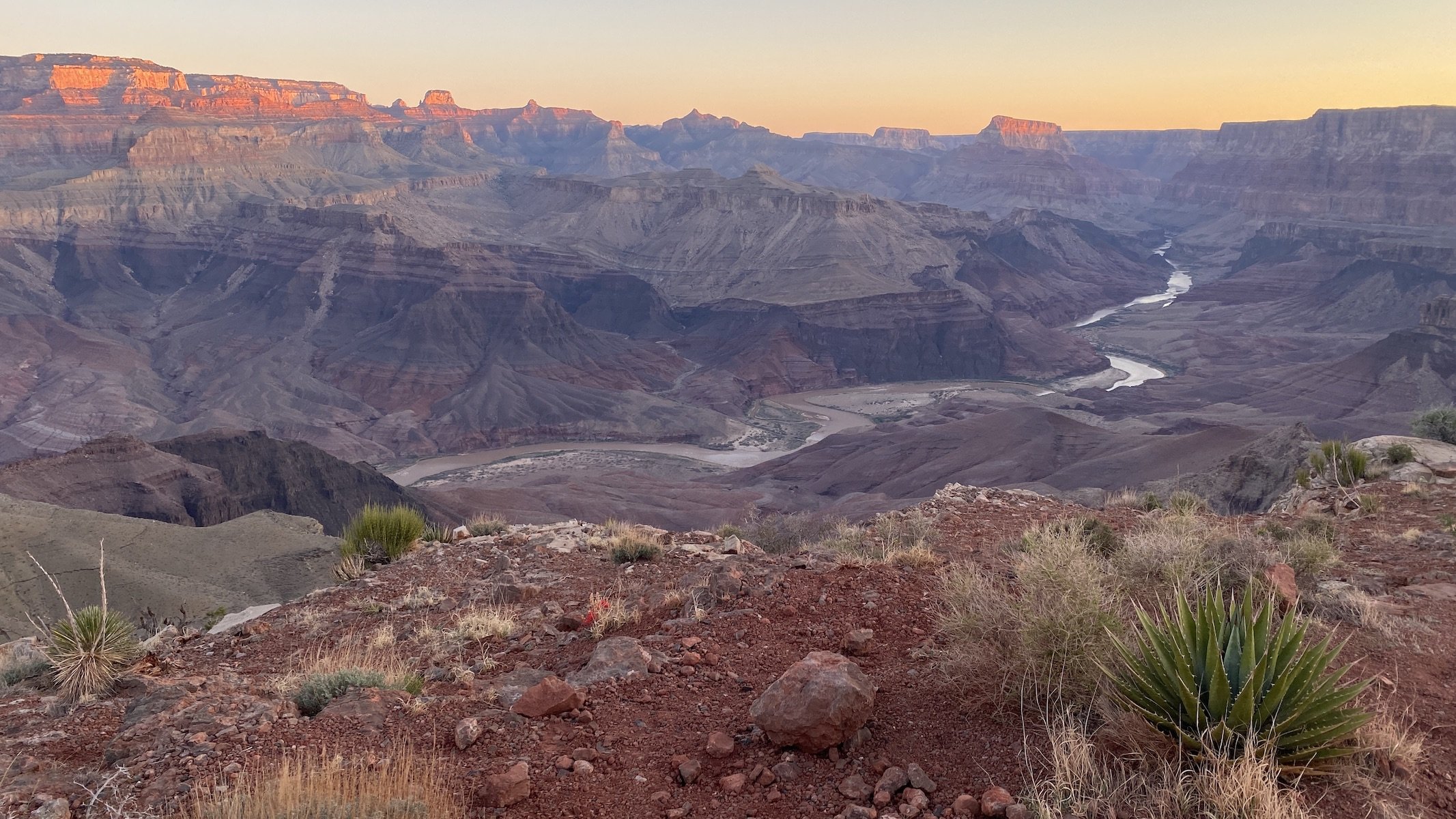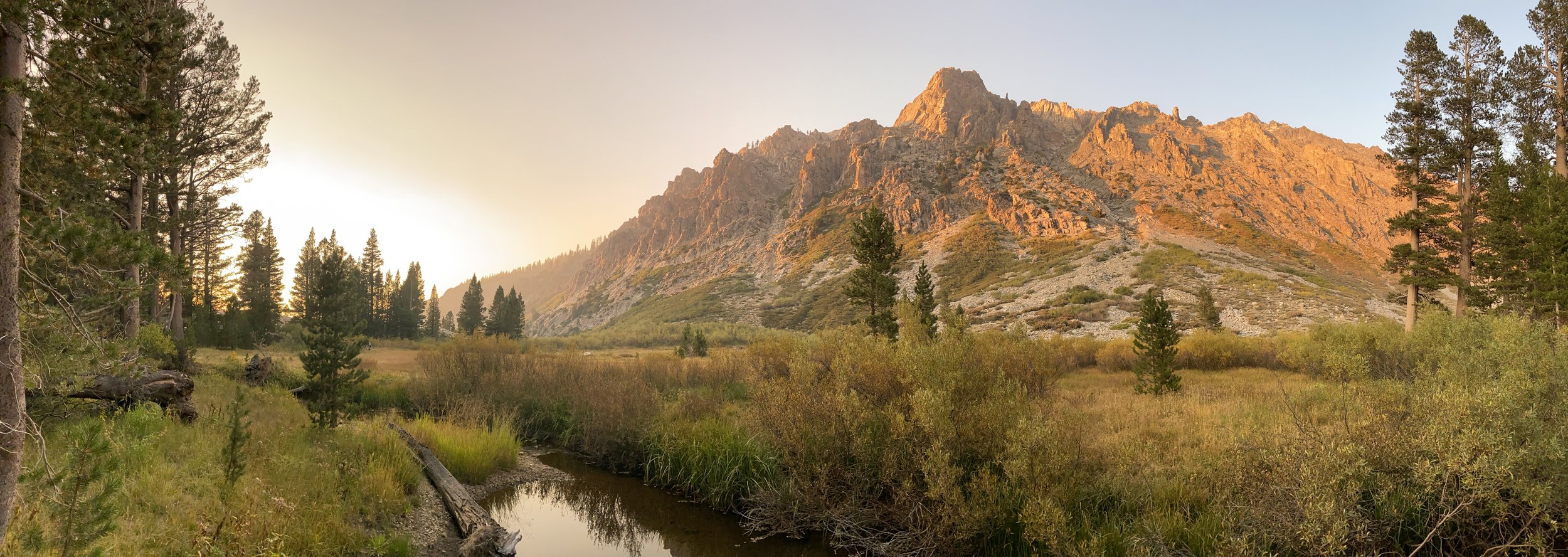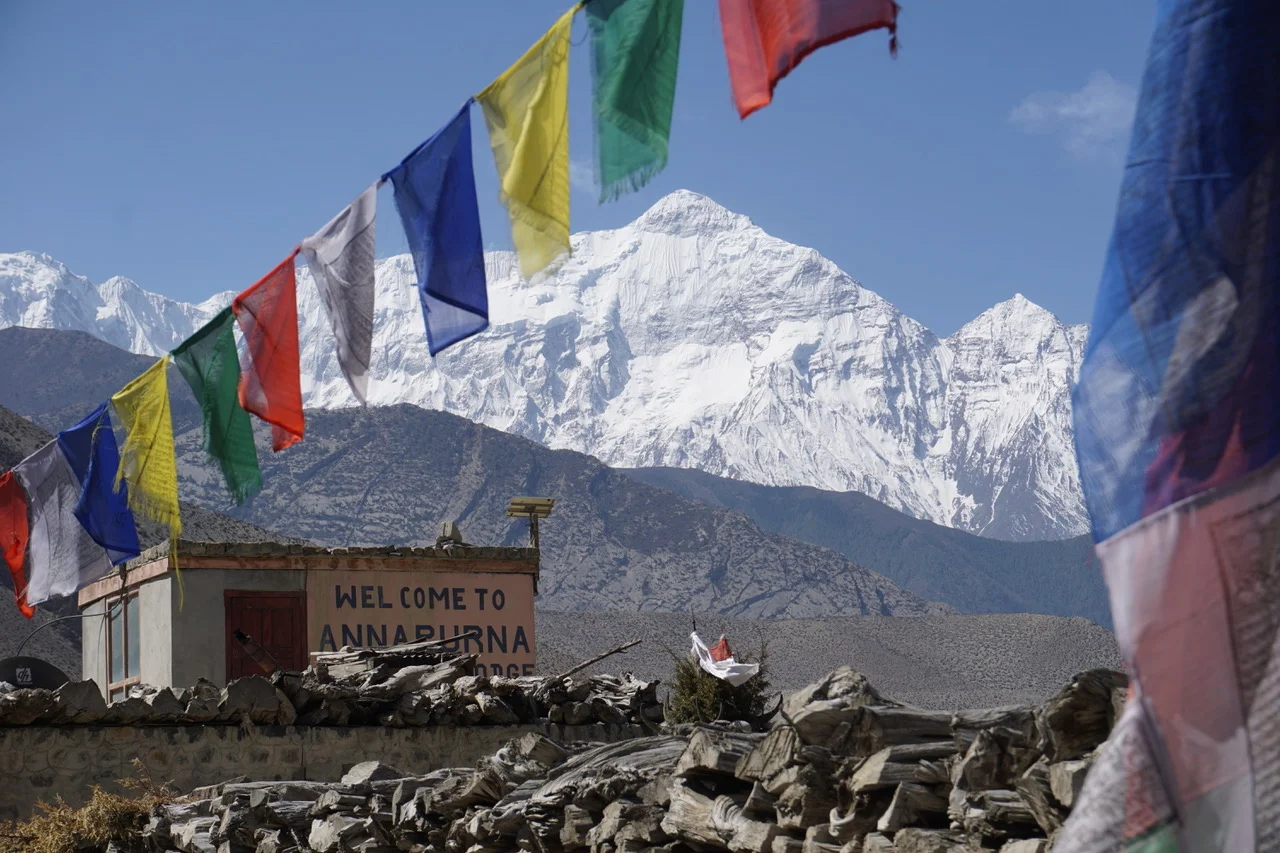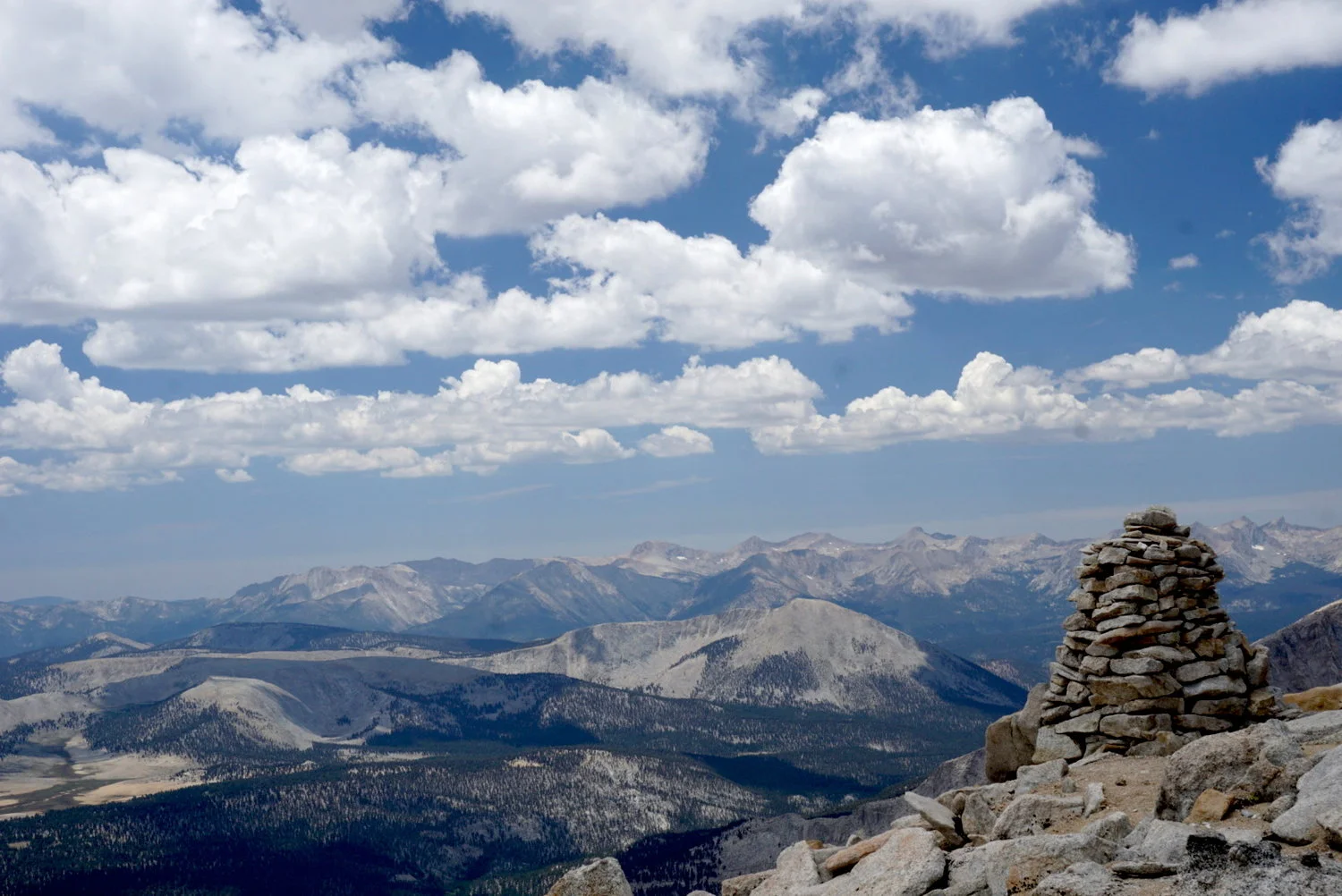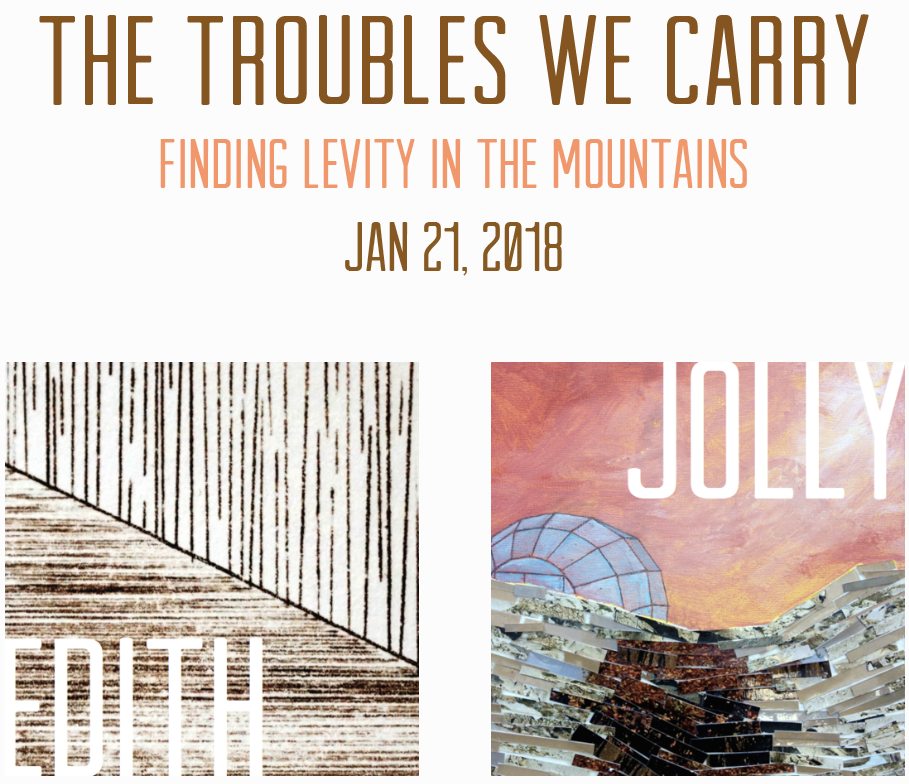TS Eliot wrote his epic masterpiece The Waste Land in 1922 as a eulogy over the death of Old Europe in the wake of the Great War. To Eliot, there was no greater loss than the loss of what gives life meaning -- the collective cultural consciousness of humanity, evidenced in literature, music, art, mythology and history. With the First World War, humanity had undergone a rite of passage from innocence to experience, crossing the point of no return.
If the challenge of Eliot's time was that of a fundamental and irreversible societal metamorphosis evidenced by devolving culture, today we find ourselves at a similar crossroads -- only the stakes are higher. Ours is a battle of existential proportions, where the very survival of our species, and that of the myriad species we rely upon, is no longer a foregone conclusion.
Featured

Travel
Hooves on the Ground: Grand Canyon
Travel
Travel






